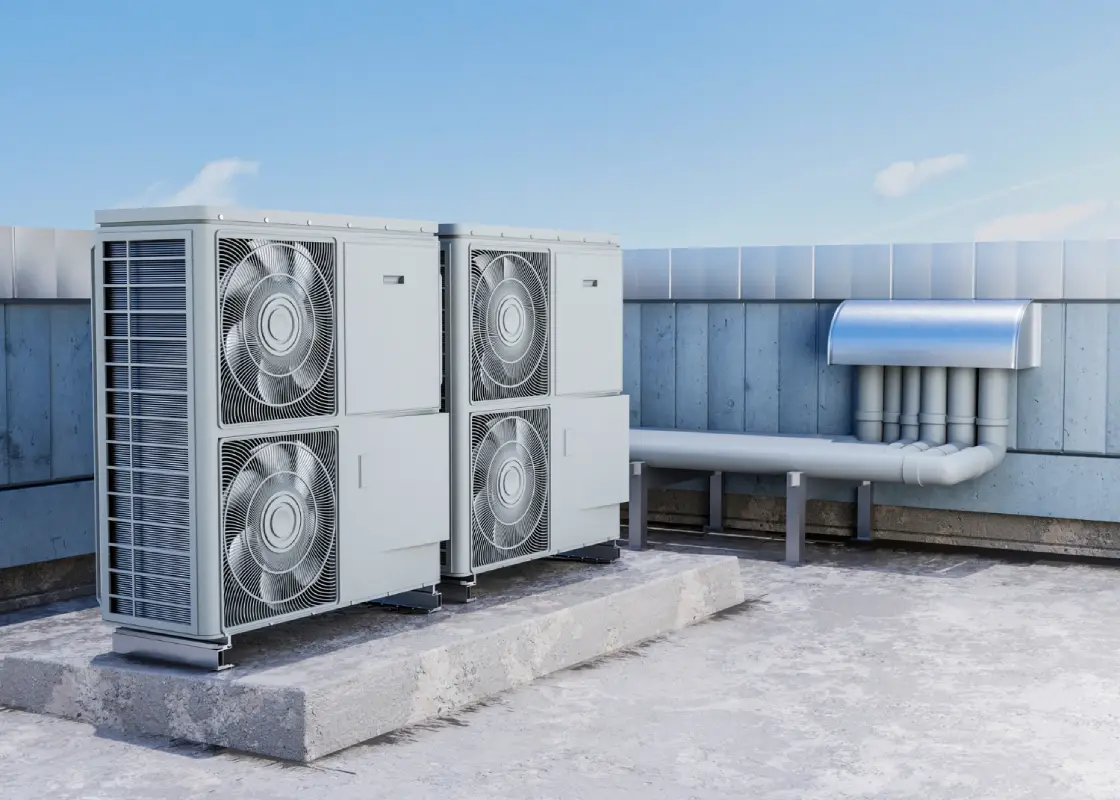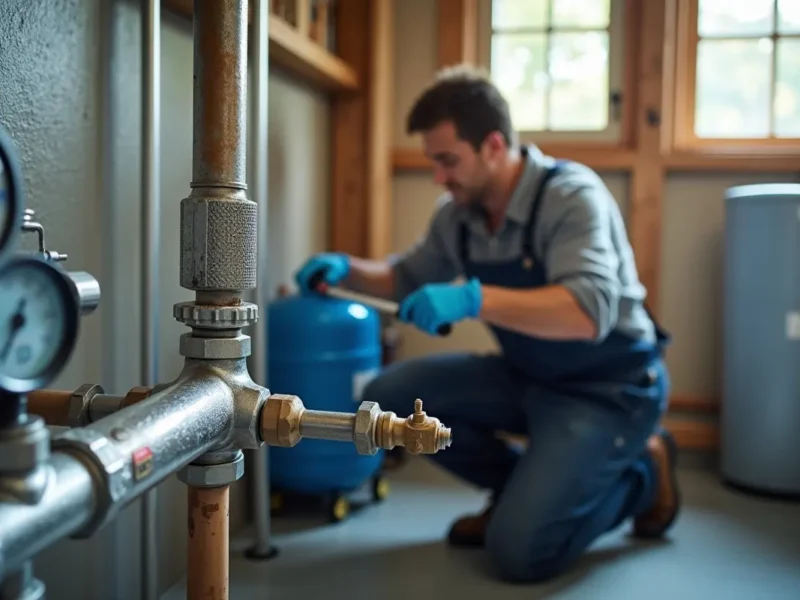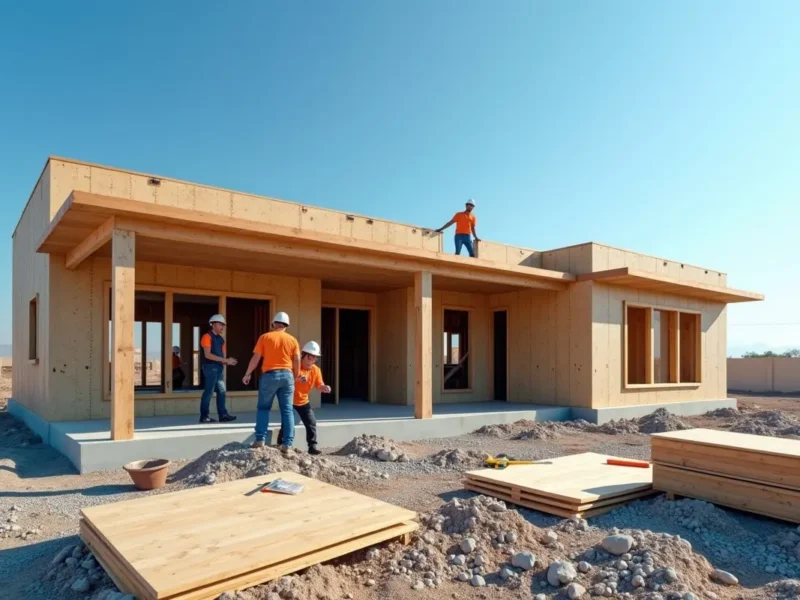Inverter compressor technology has transformed heating, cooling, and refrigeration by providing an adaptable, intelligent approach to household climate control. Unlike traditional compressors that only operate at a fixed power level—cycling on and off regardless of the actual temperature need—inverter compressors seamlessly regulate their speed to deliver just the right amount of heating or cooling, depending on real-time demand.
The dynamic performance of inverter compressors ensures a smoother transition between operating levels, eliminating inefficient spikes in electricity use that are typical of legacy systems.
This technological shift is especially evident in today’s high-efficiency air conditioner heat pump units. These advanced systems are designed to maintain a steady, comfortable environment using less energy than legacy systems. Users benefit from environments that stay within their comfort range, as inverter-driven equipment measures changes in room temperature and adapts instantly.
The result is a climate solution that’s responsive to changing weather, occupancy, and home routines, delivering practical benefits that extend well beyond just lower energy bills. The technological intelligence embedded in these systems now supports an ever-growing range of home scenarios—from peak summer days to frosty winter nights.
Contents
Key Benefits of Inverter Compressors
- Energy Efficiency: Inverter compressors banish the energy waste of “start-stop” cycles, modulating speed for maximum efficiency. Operating at partial capacity during lower demand periods, they consume significantly less electricity and lower your monthly utility costs. According to the U.S. Department of Energy, energy-efficient HVAC systems can reduce household consumption and environmental impact by 20-40% over standard units. Beyond financial savings, this increased efficiency reduces strain on your local power grid.
- Enhanced Comfort: Inverter compressors eliminate temperature spikes and dips with a steady, adaptable output. Homeowners enjoy more consistent indoor temperatures—no more uncomfortable hot or cold swings between cycles—making for quieter, more restful living spaces. This consistent performance also reduces the spread of humidity indoors, helping maintain a healthy atmosphere during both humid summers and dry winters.
- Quieter Operation: Variable speed means inverter systems avoid older compressors’ loud startup and shutdown noise. Most people appreciate how inverter-driven equipment maintains quiet, especially in bedrooms and offices. In contrast to older HVAC equipment, the absence of abrupt cycling minimizes interruptions during sleep or important work.
- Extended Equipment Lifespan: Since inverter units run smoothly and avoid repeated stress from frequent cycling, they experience less wear and tear. They often outlast traditional HVAC equipment and reduce the likelihood of major breakdowns. Fewer starts and stops mean crucial components stay in optimal condition longer, and maintenance requirements are usually less frequent and less costly.
For buyers interested in the latest home climate innovation, manufacturers like MRCOOL have made inverter technology standard in their top-performing heat pump units. These systems are being adopted across the U.S. and globally for their reliability and measurable benefits. Investing in inverter-driven systems is an investment in performance and peace of mind, especially as energy costs and environmental awareness continue to rise.
Environmental Impact and Sustainability
The positive ecological footprint of inverter compressor systems is a significant draw for modern consumers and businesses alike. Since these systems reduce energy consumption at the source, they help lower greenhouse gas emissions that drive global warming.
Additionally, many new inverter-driven HVAC units use eco-friendly refrigerants that further reduce harm to the atmosphere, aligning with policy trends and consumer demand for green tech solutions. The collective effect of millions of homes and businesses adopting inverters can be transformational for overall energy grids and the environment at large.
Research from international environmental groups indicates that widespread implementation of efficient inverter-driven heat pumps and air conditioners could eliminate hundreds of millions of tons of emissions worldwide each year, making them a crucial part of climate action strategies. This is particularly important as nations look for scalable, tangible steps to meet their climate commitments without compromising comfort or productivity for residents and workers.
Considerations for Homeowners
- Initial Investment: The up-front cost of an inverter-based HVAC system is often higher than that of a traditional unit. However, homeowners should consider lifetime value—the significant long-term savings on energy bills can quickly offset the price difference. Federal and local incentives and rebates are also frequently available to ease the up-front cost. A comprehensive return-on-investment calculation often shows payback within just a few years.
- Compatibility and Infrastructure: Upgrading to an inverter system may sometimes require modifications to existing ducts, wiring, or electrical infrastructure. Consultation with a reputable HVAC contractor ensures the new system integrates seamlessly and delivers expected performance. Understanding these needs before purchase streamlines the installation process and prevents costly surprises.
- Installation Quality: Inverter units must be installed by certified and experienced technicians. Quality installation ensures maximum efficiency, minimizes the risk of problems, and often extends the manufacturer’s warranty and service life. Choosing a reputable installer is a vital step toward enjoying all the benefits of this advanced technology.
Future Trends in Inverter Technology
As home automation and internet-connected devices grow more common, inverter compressors are also evolving. Manufacturers are integrating smart sensors and AI algorithms into these units, allowing for automated real-time adjustments based on occupancy, humidity, weather, and utility rates, driving even greater efficiency.
Design and material advancements will further boost lifespan and eco-friendliness, making inverter technology a foundation of sustainable living and business operations. These developments indicate that future inverter systems may also self-diagnose inefficiencies or maintenance needs, reducing downtime and ensuring uninterrupted comfort.
Conclusion
Inverter compressor technology is setting a new benchmark for HVAC efficiency, comfort, and sustainability. Whether seeking to lower your home’s energy bills, reduce noise, improve indoor air quality, or contribute to global emissions goals, investing in modern inverter-driven air conditioner heat pump units delivers clear and lasting benefits.
The future of climate control is adaptable, intelligent, and energy-smart—embrace the change and enjoy a more comfortable, cost-effective, and responsible approach to indoor living.



